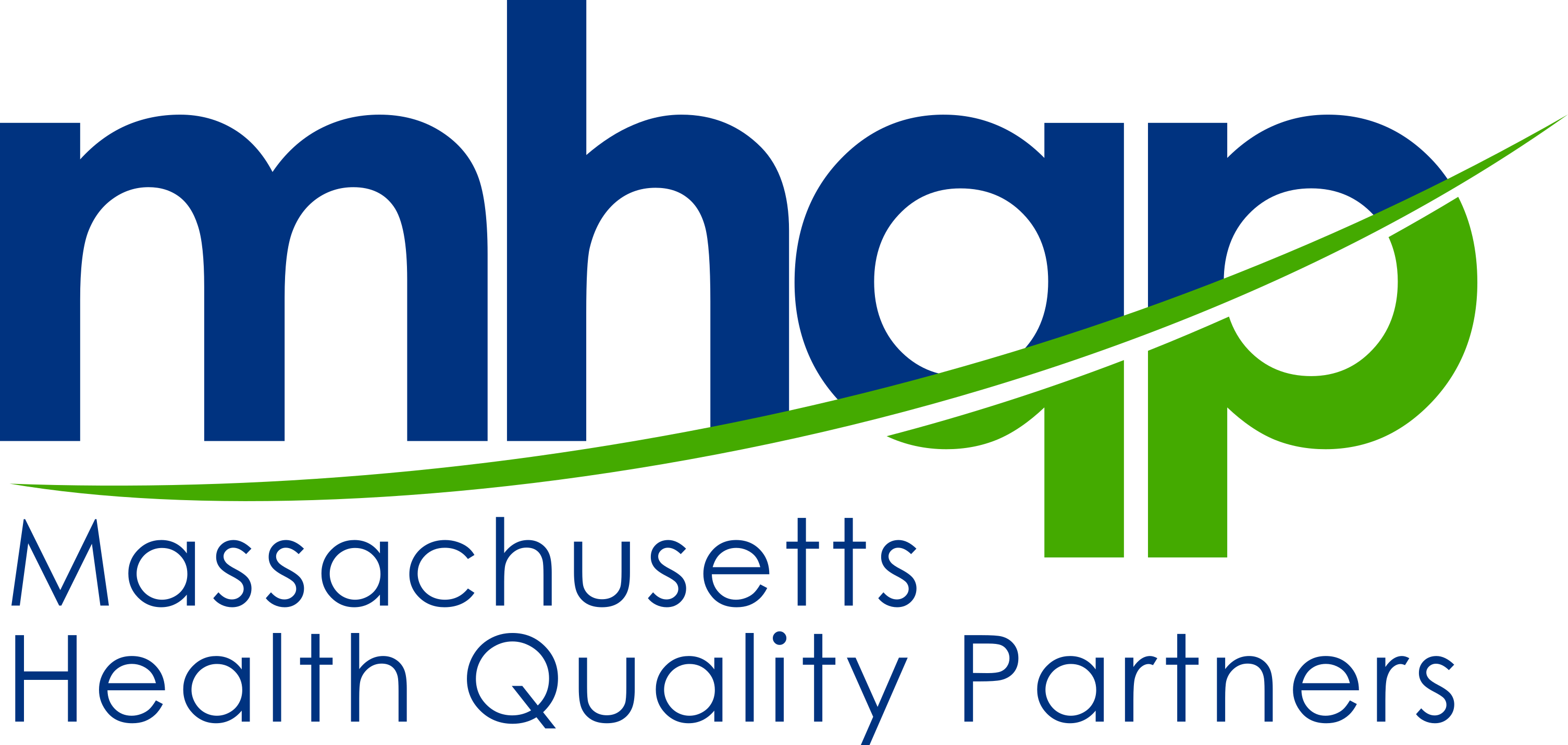MHQP Guidelines Ensure High Standards of Care for Massachusetts Patients
Since 2001, MHQP has been helping to ensure all patients receive the same high standard of care through the annual publication of consistent, evidence-based, best practices guidelines for Adult Preventive Care, Pediatric Preventive Care and Perinatal Care. We have also collaborated with healthcare stakeholders to develop and disseminate Asthma Action Plans for adults and children.
We began this work at a time when providers received a different set of clinical guidelines from each of the health plans they worked with. Recognizing this situation as both confusing and wasteful, the health plans asked MHQP to step in as a neutral party to help create a collaborative set of guidelines that all plans could support. We’ve continued to play this collaborative role every year since then.
MHQP’s Guidelines center health equity, educating providers about the impact of racism and other forms of discrimination on health, highlighting the social determinants of health as key drivers of health inequities, and providing solution-oriented recommendation statements.
If your organization is interested in participating in this effort, or licensing MHQP’s guidelines for official use, please contact Autumn Bailey, MHQP’s Clinical Guidelines Coordinator, at abailey@mhqp.org.
Please click on the links below to go to the specific guideline of your choice:
Terms of Use
While we encourage all stakeholders to use MHQP’s products to drive quality improvement in their organizations, MHQP requires that a formal license be obtained by any organization that wishes to use the guidelines to meet any commercial, educational, regulatory, and/or other business purposes.
Examples of uses that require licensing the guidelines include, but are not limited to:
- Using MHQP’s guidelines as the official perinatal and/or preventive care guidelines of your organization. This includes reproducing, copying or publishing MHQP’s guidelines under your organization’s name for distribution to your personnel, provider network, members, and or patients.
- Using MHQP’s guidelines as part of requirements for a certifying or accrediting organization such as National Committee for Quality Assurance (NCQA) or Centers for Medicare and Medicaid Services (CMS).
